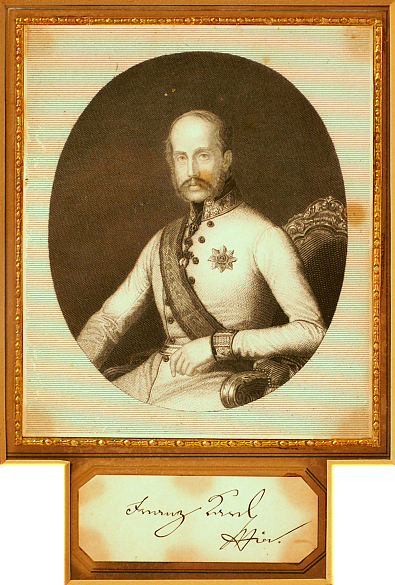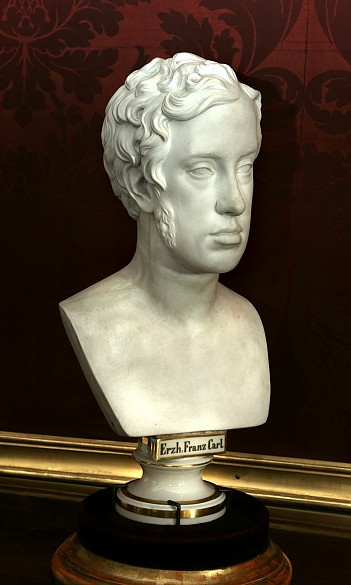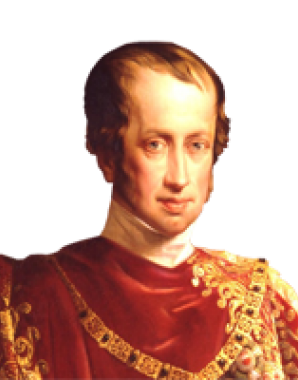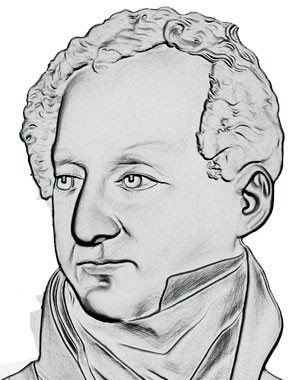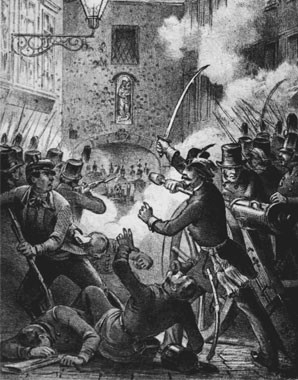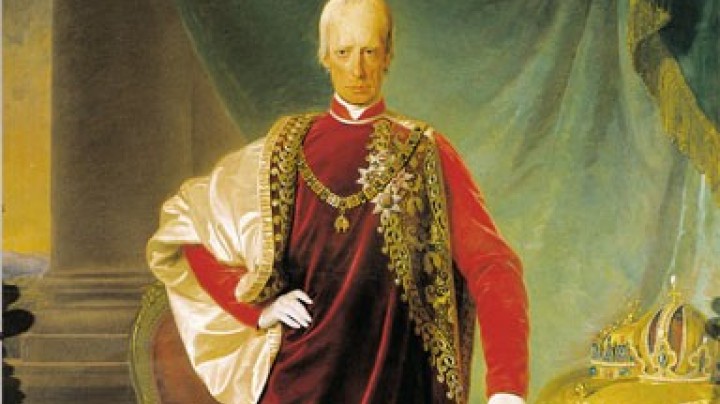In the shadow of an iron lady: Archduke Franz Karl
Not every Habsburg was a born ruler – some members of the family were happy to stay in the background and leave the business of high-level politics to others.
Archduke Franz Karl was one of a considerable number of Habsburgs who did not have a talent for the dynasty’s claims to power or, more particularly, for the political and social activities necessary for pressing these claims successfully. Although he was son, brother and father to three successive Austrian emperors, he – allegedly on account of his ‘lesser gifts’ – hardly set foot in the field of politics at all.
On the death of his father Emperor Franz II (I), Franz Karl was second in line to the throne after his brother Ferdinand. Although he was a member of the Privy State Conference (Geheime Staatskonferenz) during Ferdinand’s reign, the body’s dealings were dominated by Prince Metternich. Furthermore, Franz Karl was not only put in the shade by the powerful men around him – he was also far outshone by his politically active wife Sophie.
Franz Karl, it should be noted, did in theory have freedom of choice as to whether to become Emperor of Austria or not – a claim not many individuals can make. Following Ferdinand’s abdication at the revolution of 1848, however, urged on most particularly by his wife, he relinquished his claim to the throne, thus leaving the way free for the accession and long reign of their son Franz Joseph. Franz Karl’s interests lay not so much in high-level politics as in the private sphere – like many members of the dynasty, he was profoundly religious.
